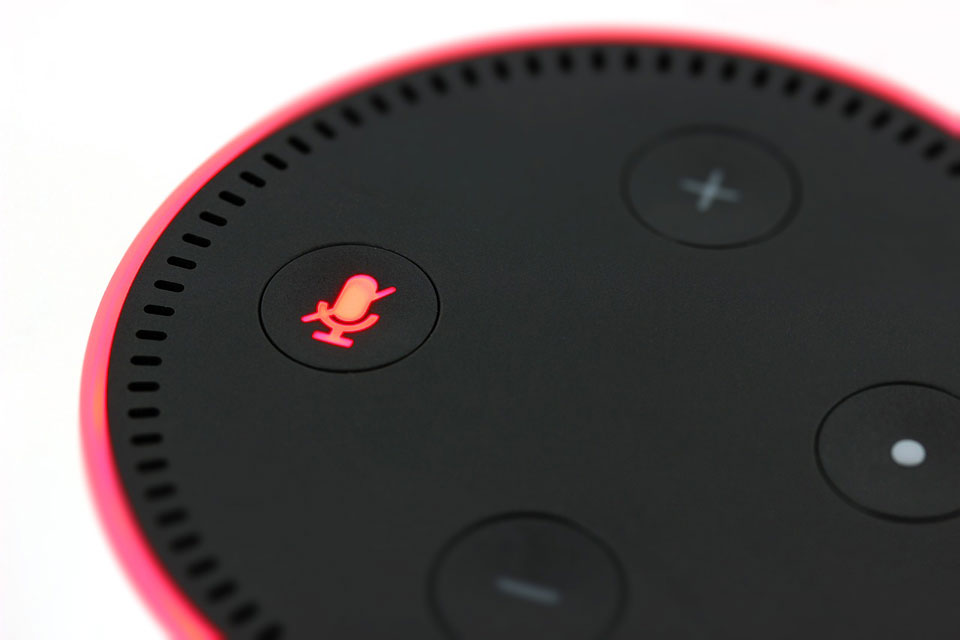eBOOK: Social Media Trends 2021 Global Report
https://contactcentresummit.co.uk/wp-content/uploads/2020/11/Talk-Walker-Nov-10th-2.jpg 960 640 Guest Post Guest Post https://secure.gravatar.com/avatar/abb249055208c7af4d35568e422dfd63?s=96&d=mm&r=g2020 has been dominated by COVID-19, forcing many brands to change the way they communicate with their customers. Social media has provided opportunities to connect with audiences in a new way, reshaping the relationship between brands and consumers. This is likely to continue in 2021 and beyond.
This free report from Talkwalker delves into the social media trends that are predicted to dominate 2021, helping you to build a robust social media strategy for the year ahead.
Download the e-book to:
- Discover the top 10 social media trends in 2021
- Get expert opinions on how these trends will develop over the next 12 months
- See examples of the trends in action
- Learn how to increase engagement with your audience
- Get tips on how to drive your social strategy forward in 2021
To download the e-book for free, click here.









